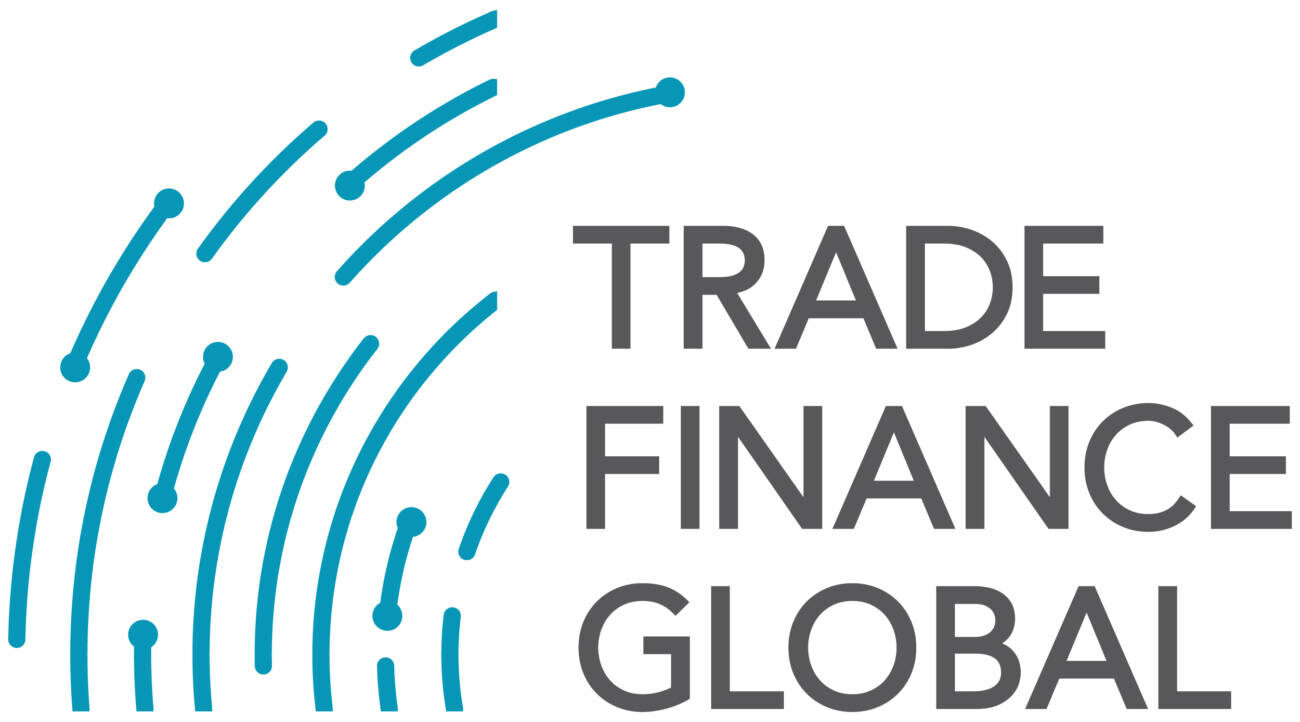The 13th Ministerial Conference (MC13) of the World Trade Organization (WTO), held in Abu Dhabi, has entered its fifth day, with discussions ongoing among key members, including India, the US, and the EU.
The conference, which was initially set to conclude on 29 February, has been extended due to the challenges faced in bridging the divide between developing and developed countries on critical issues such as agriculture, fisheries subsidies, and e-commerce trade duties.
Despite the extension, there remains no clear indication of imminent agreements on setting new global commerce rules, including the contentious points of ending fishing subsidies and the continuation of a moratorium on digital trade tariffs, positions India and South Africa have opposed.
Some of the delegates were not confident in reaching a deal by the end of the day Friday, telling Reuters that serious differences remained on a range of issues meant to address global trade, although others said the mood had improved slightly during the day.
According to Reuters, US Trade Representative Katherine Tai believed that a deal would be possible, but there would be negotiations and trade-offs to accomplish even some of the less controversial topics.
If some or all of the talks aimed at fixing global commerce rules do collapse, fragmentation among the BRICS bloc of emerging economies “will have contributed,” she told Reuters.
More complex deals, such as digital trade agreements, are causing significant delays in progress. India has refused to drop its own opposition to extending a waiver on digital tariffs.
Multiple countries, including India, have voiced their concern regarding agricultural markets and export restrictions.
According to multiple reports, there are currently two draft proposals under consideration, with one being more comprehensive than the other. India is advocating for a dedicated agreement on food security at the MC13, specifically focusing on permanent regulations for the public stockholding of food reserves.
Conversely, nations like the United States and the European Union are calling for a more extensive package that addresses a wider range of agricultural issues.
When MC13 comes to a close today, Friday 1 March, it is expected that the fisheries subsidies deal will be announced, and news over other outcomes will be announced in the coming days.
